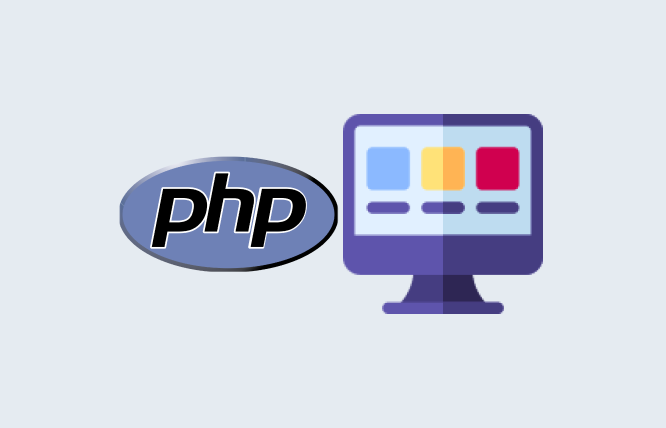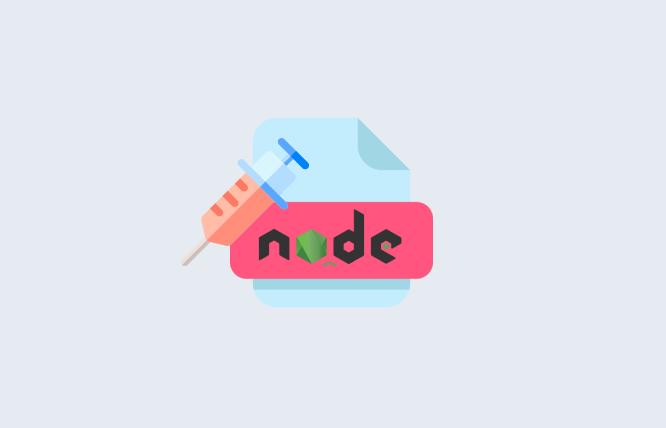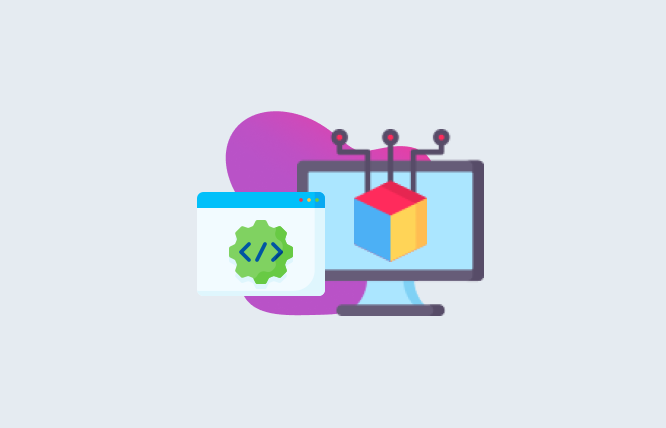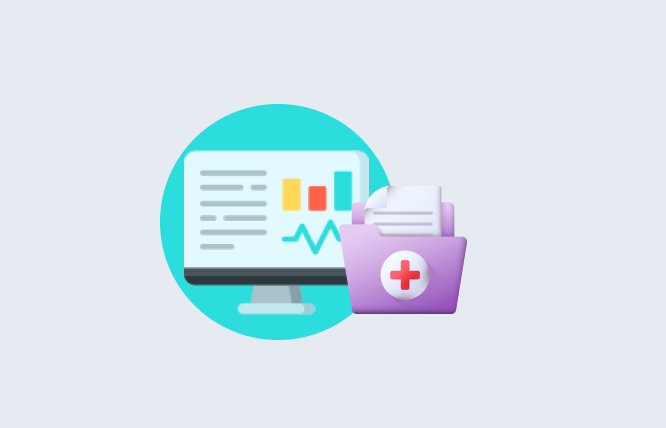Introduction
PHP is one of the most powerful web development tools out there. Its database interactions, server-side activities, and other processes deserve your attention, as stated in this blog.
It is obvious to many that PHP is one of the most famous server-side scripting languages present in the world. It is well-regarded for its versatility in a host of use cases, as it paves the way for the enhancement of web application interactivity and functionality. This point is often cited by those who speak of the merits of PHP uses and applications.
Whether it is the creation of dynamic web content or the processing of database interactions, PHP is fully capable of empowering developers to make dynamic development projects. Keeping this on a note, this blog will look at PHP uses and applications.
If possible, then you should try to check out a host of other concepts associated with software, such as search engine optimisation services, WordPress website development, or perhaps custom web design and development.
An In-Depth Look at PHP
PHP was created in 1994 by Rasmus Lerdorf, and during its early years, it was the acronym for the Personal Home Page. Later on, this changed into Hypertext Preprocessor. This is a server-side scripting language, and its original purpose was explicitly meant for web development. However, as time passed, PHP experienced a host of version updates and enhancements. This allowed it to become a highly dynamic and powerful language.
Many industry experts hail the fact that PHP web development presents seamless integration with HTML code. At the same time, it presents the ability to create dynamic content, thereby allowing it to become a building block for today’s modern web applications. Besides facilitating the making of dynamic web pages, it assists with powerful e-commerce platforms and interactive web apps. It is because of its highly versatile nature that devs are able to use PHP when doing a host of activities, such as managing session tracking, handling form processing, and working with databases.
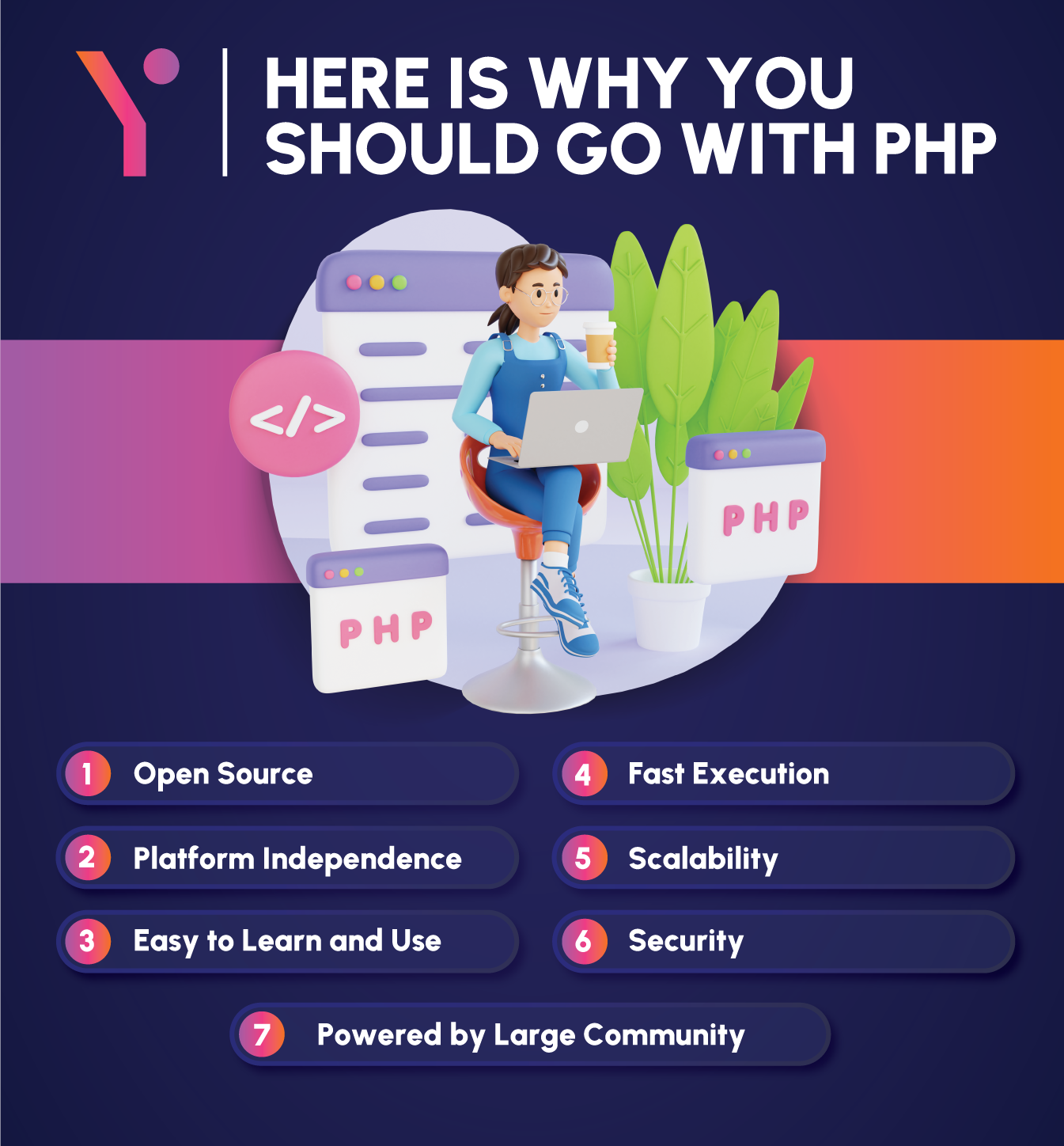
PHP Uses And Applications
Nowadays, PHP is an essential tool associated with web development and is generally regarded as a go-to server-side scripting language. It is executed on the server, and this allows it to generate dynamic content. Additionally, it assists in the enhancement of web apps and websites, database interactions, and form processing. Such points are often cited by those who mention PHP uses and applications.
PHP for Building Dynamic Websites
A dynamic website is supposed to offer customised content to users, and this is dependent on their interactions and preferences with the site. When we look at traditional static websites, they showcase the same information to all of the site visitors. This contrasts with dynamic websites since they can alter and adapt their content in real time, depending on the visitor’s requirements. It is generally noted that such a personalisation level paves the way for a highly interactive browsing experience for users throughout web browsers.
Server-side scripting is required by dynamic websites, and this is where PHP rises to the occasion. PHP can interact with databases, process user input, and create dynamic content on-demand for every potential site visitor. Today’s PHP developers can build websites that show personalised information to users and also dynamically update and respond to content in real time.
The Database Interactions
A great number of developers use PHP to make seamless interactions with databases. This assists with data storage and dynamic content management. The scripting language behaves as a connector between web apps and their databases. This is done by facilitating Delete, Update, Read, and Create operations. These PHP operations ensure seamless database interactions for site users.
- In the Create operation, PHP attains user input from users through web forums. It then processes that data to put it in the database. This lets users provide data, such as sign-ups and comments, which is stored in the database.
- With regards to the Read operation, PHP gets data from the database and then shows it in the user interface. Moreover, PHP retrieves information that is dependent on particular queries and then renders it on pages throughout the website.
- With the Update operation, PHP manages the user’s input. This is done to modify data already present in the database. This lets users complete activities, like editing profiles on a website.
- The Delete operation lets users request to remove some data from the database with the aid of PHP.
Server-Side Scripting
The operation of server-side scripting takes into account executing code on a web server. This is done to generate dynamic content to display in the user’s browser. It is in the nature of server-side scripts to not just process data but to interact with databases, thereby conducting necessary operations on the server, and this is prior to the user witnessing the final output.
PHP seamlessly integrates with HTML. This is why developers directly embed PHP code into web pages. Whenever a given user then goes on to request a page, it is up to the server to process the PHP code prior to forwarding the resulting HTML to a user’s browser. Generally, this is the basis of PHP-based dynamic web pages that consist of interactive features and personalised content.
PHP offers a host of additional server-side scripting-related benefits. Since PHP is free of cost, this allows it to be one of the foremost choices for both companies and developers. Some of its other plus points are that it has an active online support community, extensive documentation, and a user-friendly syntax. All of this hints that it is great for developers regardless of their skill levels.
There are wide-ranging databases supported by PHP. This allows the simplification of database management. As a result, apps are able to retrieve, manipulate, and store data in a highly efficient manner. Thanks to its platform-agnostic nature, it can run on a host of servers and operating systems. It also consists of performance optimisers, and these guarantee some of the most responsive web apps that exist today.
Concluding Remarks on PHP Uses And Applications
When we take a good look at PHP uses and applications, and even its definition, one thing comes to mind. This is the obvious fact that it comes as a powerhouse in the web development arena and elsewhere. Its numerous capabilities alongside use applications feature everything from automating system administration tasks to server-side scripting for dynamic websites, rendering pages on web servers, and managing database interactions. Additionally, PHP does a phenomenal job of building content management systems. This includes Drupal and WordPress.
It is needless to say that PHP’s flexibility and versatility allow it to become a leading choice for developers with varying skills who want to make tailored solutions for various projects. This could be the managing of a single PHP page or dealing with a host of PHP scripts.
Finally, if you are searching for a custom PHP website development company that offers you some of the best software solutions, then approach Futurbyte. They come under a reputed name with which you can discuss PHP uses and applications.
Frequently Asked Questions
It is a well-known fact that PHP is widely used throughout the world for web development. This is because of its ease of learning, flexibility, and the presence of a tremendously supportive online support community, which assists developers with dynamic website creation. It is because of these facts that many experts believe PHP’s usage will continue to grow as time passes. Additionally, PHP is one of the foremost choices of those who work in some of the biggest software companies anywhere in the world.
This question is often asked by new developers or students. The good news here is that yes, you as a developer, can utilise PHP for desktop applications. But remember that this can be done with the aid of frameworks such as PHP-GTK.
Some of the most famous websites that have been made by using PHP are Shopify, Etsy, WordPress, Yahoo, Facebook, and Wikipedia. It is quite evident that as time passes by, this list will increase rather dramatically.
There are various renowned alternatives to PHP. These include ASP.NET, Node.js, Java, Ruby, and Python.
Have questions or feedback?
Get in touch with us and we‘l get back to you and help as soon as we can!
